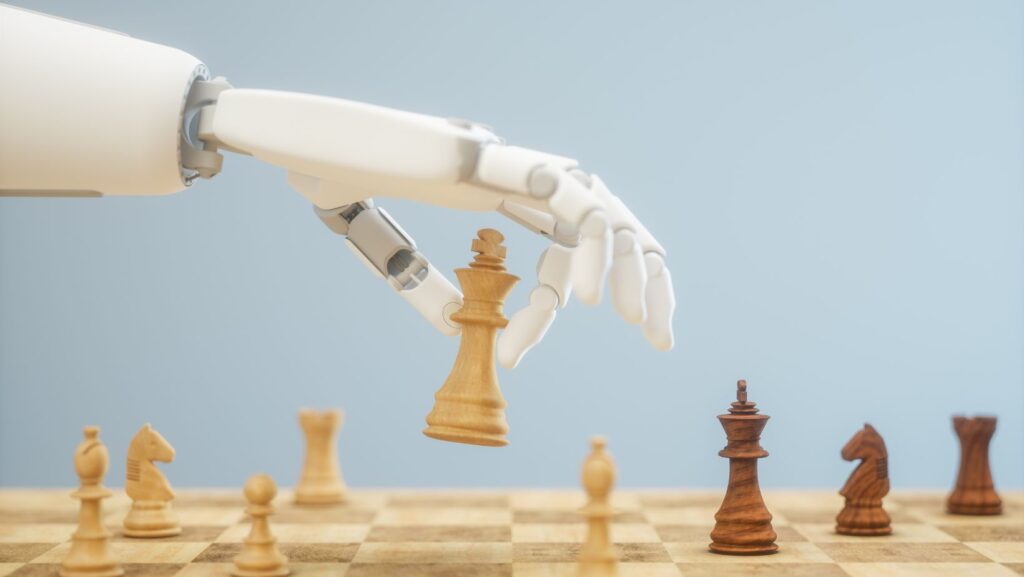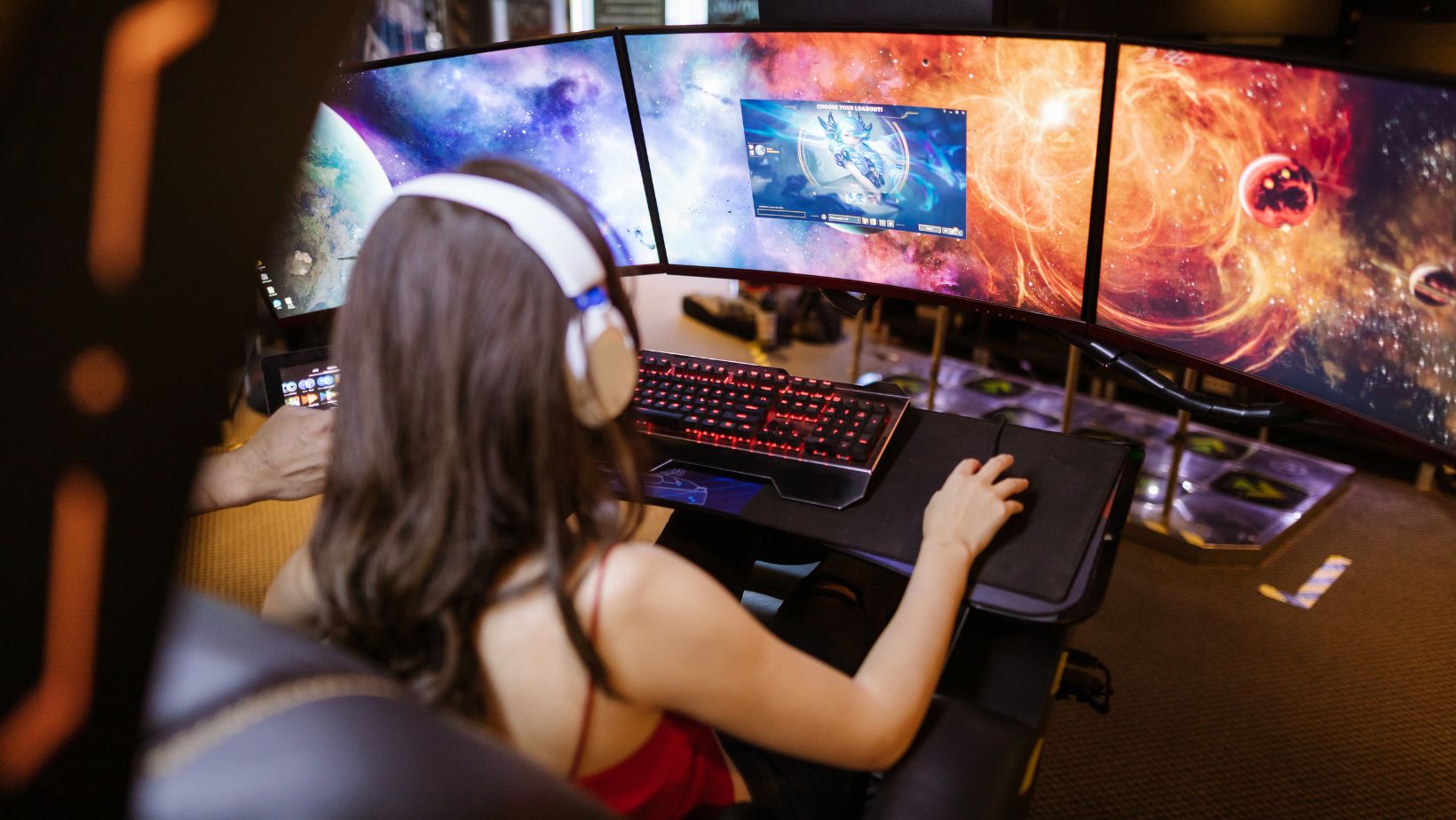
Game creators aim to build engaging experiences by combining many elements like graphics, sounds, storylines, and interactions. AI helps manage this complexity, making games more dynamic and exciting.
AI also brings business benefits. The gaming market is booming, expected to be worth $314 billion by 2026. This growth drives more investment in AI-powered games. Startups like Latitude, Osmo, and Gosu Data Lab are raising funds to develop AI-driven gaming solutions ranging from endless stories to player performance data.
Common AI uses in games
AI is used in games to improve graphics, create new levels, develop stories, balance gameplay, and make non-player characters (NPCs) smarter.
- Image enhancement: AI can turn 3D graphics into photorealistic images or upscale old game visuals with more detail.
- Procedural content generation: AI creates large game worlds or levels on the fly, like in the game No Man’s Sky.
- Story generation: AI crafts interactive narratives, as seen in AI Dungeon 2, where players influence evolving stories.
- Gameplay balancing: AI predicts player actions and manages game complexity, like FIFA’s team chemistry system that affects outcomes beyond player skills.
- Smart NPCs: AI enables opponents to adapt and behave unpredictably, improving game challenge and realism.
AI technologies in games
Software development companies like PixelPlex (https://pixelplex.io/) use various tools and systems to improve the performance of AI games.
Game AI evolved from simple hardcoded rules to complex methods:
- Decision trees: Used for choices and consequences in narrative games.
- Neural networks: These learn and adapt over time, keeping games challenging.
- Genetic algorithms: Mimic evolution to optimize game strategies and keep gameplay fair.
- Reinforcement learning: NPCs learn from trial and error to improve performance dynamically.
Popular AI-powered games
The following examples of games show how AI creates more immersive and challenging experiences that keep players engaged for longer periods. The use of AI also allows developers to innovate gameplay mechanics that would be difficult to achieve with traditional programming alone.
- F.E.A.R. uses AI for smart enemy tactics
- StarCraft II’s AI cheats and strategizes against players
- Alien: Isolation adjusts enemy behavior based on player stress levels
- Forza Horizon’s AI learns to drive like real players, adding unpredictability
Business benefits of AI in gaming
AI helps developers save time and money by automating tasks like level design. It enhances player experiences by making games feel realistic and personalized. AI also streamlines production, reducing errors and delays. Additionally, AI-powered analytics provide valuable insights into player behavior, enabling companies to tailor updates and content that boost player retention and satisfaction. This leads to higher revenue and better long-term success for game studios.
To wrap up: The future of AI in games
As AI advances, game characters will evolve during play, making behavior harder to predict and extending game lifespans. This continuous adaptation will keep players engaged by offering fresh challenges and surprising interactions each time they play. With more data and better AI, games will offer endless worlds, unique stories, and smarter NPCs, creating richer experiences.
At PixelPlex, we combine deep AI knowledge with software development to bring innovative gaming projects to life, using real-time analytics, machine learning, and IoT integration.













